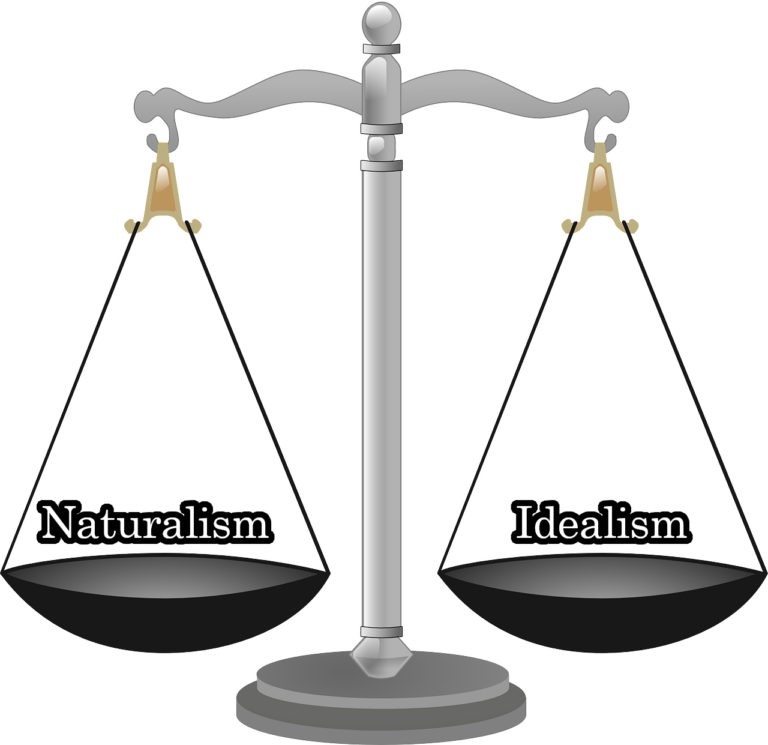
Therapeutic nihilism is a philosophical approach to therapy that emphasizes the importance of accepting life’s inherent meaninglessness. This may sound negative, but in reality, embracing therapeutic nihilism can be incredibly empowering and liberating, allowing individuals to let go of the societal and cultural expectations that often weigh them down. In this article, we will explore the value of therapeutic nihilism, including its benefits for mental health and overall well-being.
First, let’s define what therapeutic nihilism is. The term nihilism comes from the Latin word “nihil”, meaning “nothing”. In this context, therapeutic nihilism refers to the belief that life has no inherent meaning or purpose. This can be a difficult concept for many people to grasp, as we are often taught from a young age that there is a reason for everything, and that we each have a unique purpose in life. However, therapeutic nihilism argues that this is simply not the case, and that life is, in fact, meaningless.
So why would anyone want to embrace such a seemingly negative viewpoint? The answer lies in the way that therapeutic nihilism can free individuals from the expectations and pressures that come with the search for meaning. When we believe that life has a purpose, we are constantly searching for what that purpose might be, and comparing ourselves to others who may seem to have found their calling. This can lead to feelings of inadequacy and unhappiness, as we struggle to find our own place in the world.
On the other hand, embracing therapeutic nihilism allows us to let go of these expectations and pressures. Instead of searching for meaning, we can focus on simply living our lives and experiencing the world around us. This can lead to a greater sense of freedom and autonomy, as we are no longer burdened by the need to find our purpose. In turn, this can improve our mental health and overall well-being, as we are no longer weighed down by the anxieties and stress that come with the search for meaning.
Another benefit of therapeutic nihilism is that it can help us to understand and accept our own mortality. When we believe that life has a purpose, it can be difficult to accept the idea of our own death. We may feel like we have so much left to do, or that we have not yet fulfilled our purpose. However, therapeutic nihilism teaches us that death is simply a natural part of life, and that our time on earth is limited. This can help us to appreciate each moment and to live life to the fullest, rather than being held back by the fear of death.
Finally, therapeutic nihilism can also improve our relationships with others. When we are no longer searching for meaning, we can focus on simply being present and connecting with those around us. This can lead to deeper, more meaningful relationships, as we are no longer driven by the need to find our place in the world or to impress others with our accomplishments.
In conclusion, therapeutic nihilism may seem like a negative approach to life at first glance, but in reality, it can be incredibly empowering and liberating. By embracing the idea that life has no inherent meaning or purpose, we can free ourselves from the expectations and pressures that come with the search for meaning, improve our mental health and overall well-being, appreciate our own mortality, and strengthen our relationships with others. So if you are feeling weighed down by the expectations of society, consider embracing therapeutic nihilism and experiencing the freedom and liberation that it can bring.
Friedrich Nietzsche
One philosopher who is often associated with therapeutic nihilism is Friedrich Nietzsche. Nietzsche is famous for his critiques of traditional morality and religion, and for his promotion of the idea of the “will to power.” In many ways, Nietzsche’s philosophy can be seen as a form of therapeutic nihilism, as he encouraged individuals to reject traditional values and to embrace the idea of life’s inherent meaninglessness.
For Nietzsche, the search for meaning was a futile and oppressive endeavour, as it led individuals to constantly compare themselves to others and to feel inadequate. Instead, he argued that we should embrace the fact that life has no inherent meaning and focus on living in the moment and experiencing all that life has to offer. In this sense, Nietzsche’s philosophy can be seen as a form of existentialism, as it encourages individuals to create their own meaning in a meaningless world.
Nietzsche’s ideas have been influential in many different fields, including philosophy, psychology, and literature. While his philosophy can be seen as a form of therapeutic nihilism, it is important to note that Nietzsche was not solely focused on nihilism, and that his ideas are much more complex and multifaceted than can be reduced to a single philosophy or approach to life. Nevertheless, his critiques of traditional morality and his promotion of the idea of the “will to power” make him a key figure in the history of therapeutic nihilism and its impact on modern thought.

